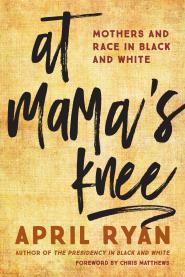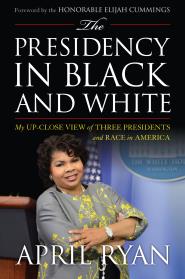She is among the most famous and easily recognized women in the world, but first lady Michelle Obama feels “invisible” when she steps off her official stage, according to her best friend and ally in the White House.
And the reason is a remarkable one considering that she and her husband, President Obama, are America’s first African-American presidential couple. According to top adviser Valerie Jarrett, Obama is invisible because she is black.

In her new book about the importance of black mothers in America and how they walk a tightrope in society, White House correspondent April Ryan revealed that Jarrett and Obama often took walks outside. What they found is that they were typically ignored. Jarrett used the word “invisible.”
She told Ryan, “oftentimes I think African-American women are invisible … oftentimes we are discounted and we are not relevant to some people’s frame of reference.”
During their outings, wrote Ryan in At Mama’s Knee, “They were only noticed by a few people on those walks. Mrs. Obama was not recognized and therefore was rarely bothered by anyone. More importantly, the public didn’t pay attention to her most likely because of her race.”

The “walks” were similar to one famous trip Michelle Obama took, somewhat incognito, to a Target store in 2011 when an Associated Press photographer noticed her waiting undisturbed in a checkout line. Jarrett said the walks show “what African-American women experience every day, so if you don’t notice her, you certainly are not going to notice other African-American women.”
It wasn’t a complaint, but more a commentary on race relations even after eight years of a black presidency. Despite great hope and expectations that Obama would solve the division, race relations are actually worse, according to polls.
The president talked to Ryan for her book, comments that she thanked him for by writing, “You don’t know what it means! I will relish your words and contributions in this book and in my first book, The Presidency in Black and White, forever.”
The president said his election was one step toward racial harmony. “There’s no doubt that my election was a significant moment in the country’s racial history,” he said. “A barrier was broken.”
Jarrett was more blunt to Ryan, who has long been the White House correspondent for Urban Radio Network. “None of us were under any illusion that just by electing an African-American president that generations of the legacy of racism was going to evaporate overnight,” she said.
Paul Bedard, the Washington Examiner’s “Washington Secrets” columnist, can be contacted at [email protected]

